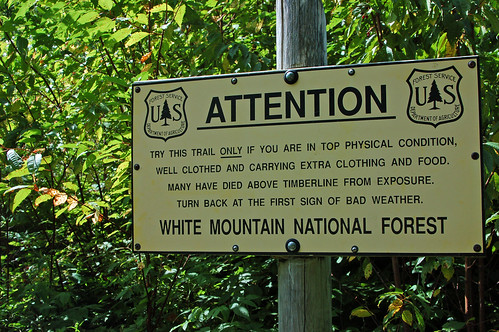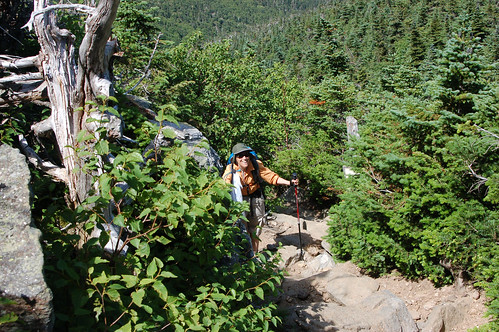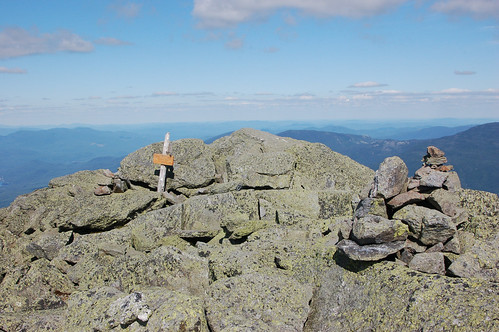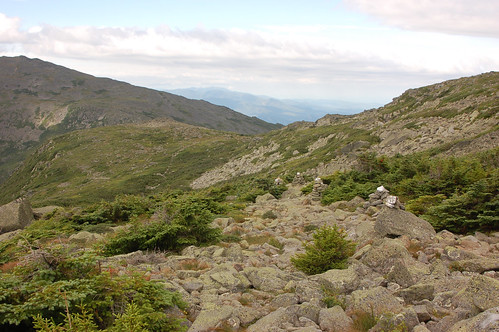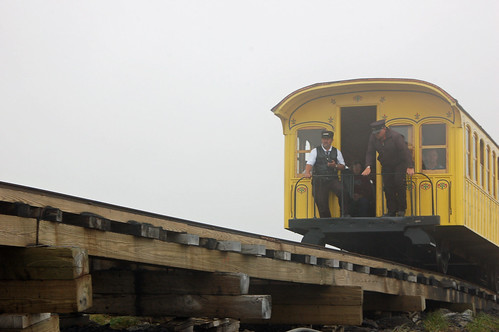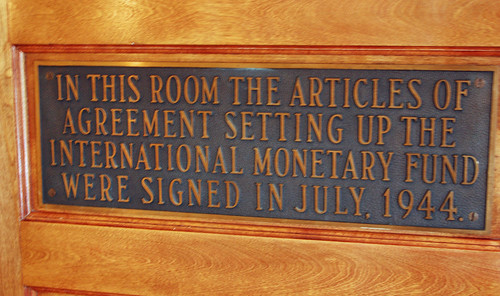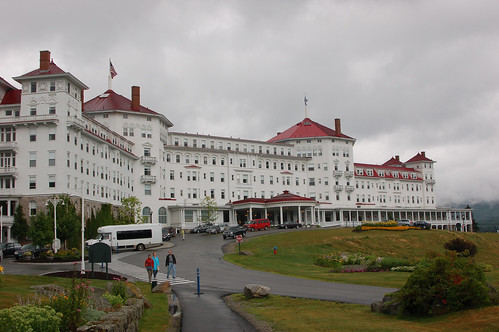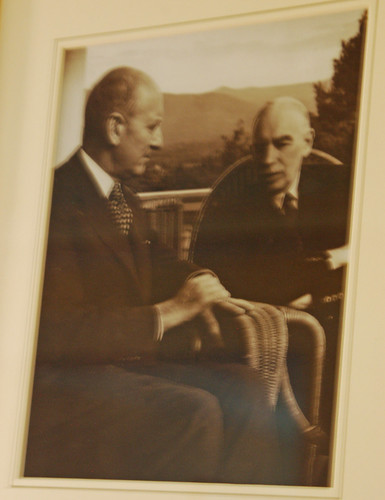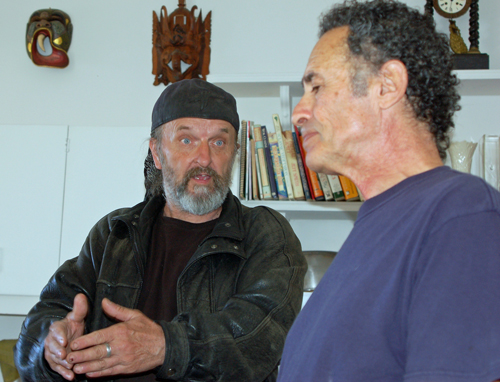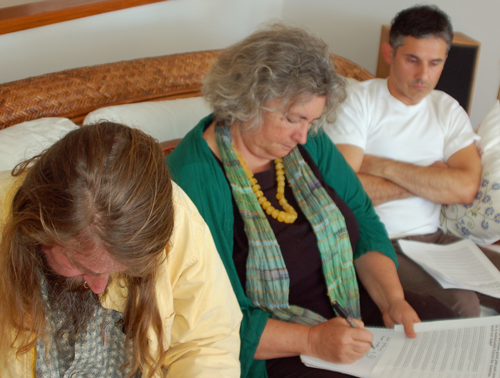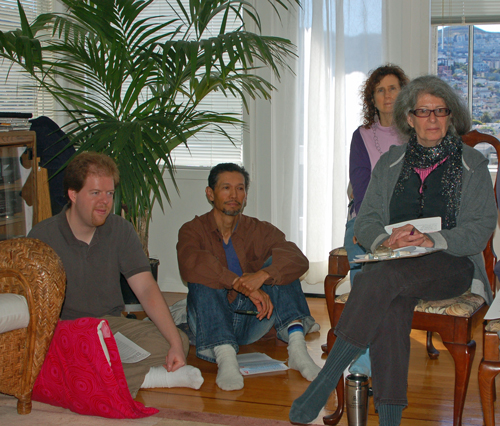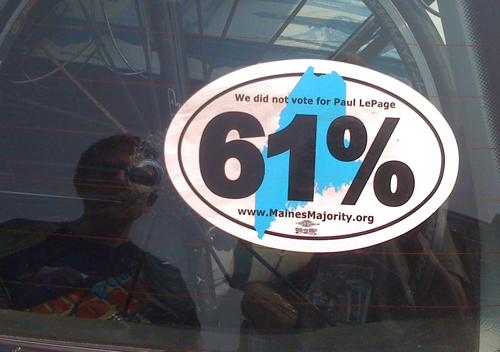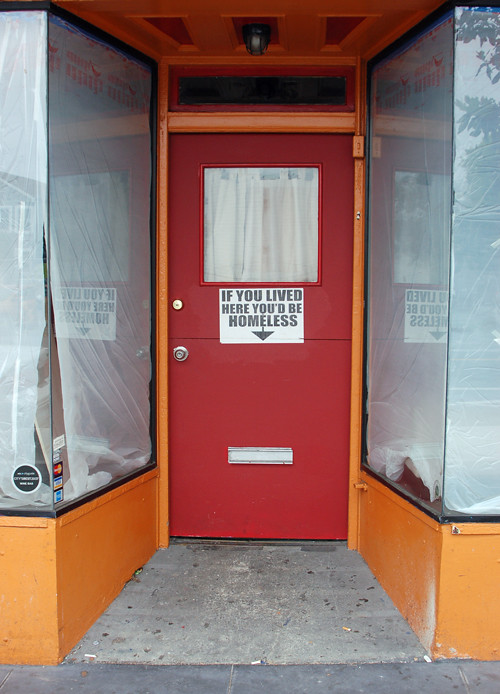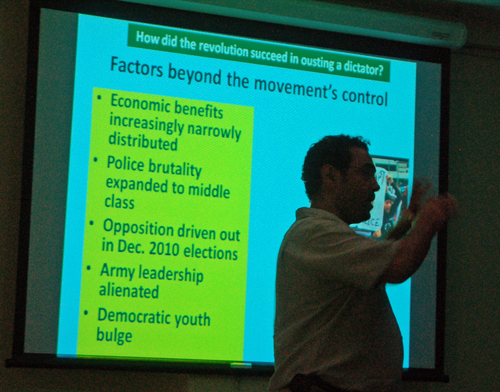
You travel around, you see things, you meet people, you listen ... it all makes you think. This week we're on the road in New England. Some reflections:
- While picking up our rental car at Logan Airport in Boston, we faced the perennial question: "Did we want to add an additional driver on the rental?" That is, add my same-sex female partner. The honest answer was "yes." (I've been known to cheat on this one, but this wasn't one of the times to risk it.)
So the young Latina behind the Budget counter asks us: "Are you married?" Picking my jaw up off the floor, I say "as much as the law allows in California." She says, "Okay -- no charge. In Massachusetts the rule is that we don't charge drivers with the same address."
What a simple life one leads when the state considers you married!
- Both of us stayed in Appalachian Mountain Club huts in the mountains in our childhood, forty years ago. We remembered each hut having two large, dark single-gender rooms with nasty narrow rows of three-tier bunks. Imagine our surprise at the change in the intervening years. The AMC has cut the bunkrooms up into nooks and crannies, sleeping six or nine or even four -- still in three tier bunks but without any "male" or "female" designation. Everyone is thrown in together in smaller spaces. This is great for father-daughter hiking pairs (common) and really for just about everyone.
We heard not one remark about having multi-gender accommodations and felt no discomfort in the arrangement. The world has changed. The huts do still have single-gender bathrooms; no one remarks on that either.
- En route to the mountains we fell into a conversation with a solid citizen of one of the surrounding New Hampshire towns. Somehow we talked a little about religious affiliations. He allowed as he was a Congregationalist in the tradition of the area.
Then he remarked: "This new kind of religion people have gotten into in the last twenty-years -- the kind that is all about The Book [the Bible] -- it doesn't do much for the community. They are so busy with The Book, they don't care about the town's common life, about the teenagers ..."
I was honestly surprised. I've got lots of beefs with literalist Biblical religion, but I didn't expect to hear this particular reflection on small town experience.
- At dinner one night, we fell into conversation with a Canadian family. They treated our being a lesbian couple as simply normal. Canadian gays have been getting married for nearly a decade.
But we did have an interesting conversation about health insurance. The man does business in both the U.S. and Canada. He needs to attract highly skilled workers in a somewhat rare scientific field. It takes a lot of good benefits to win the ones he wants to hire. I was surprised to hear that even in Canada, this means that he offers supplemental benefits beyond the standard tax-supported Canadian "medicare" that covers everyone. Still, he is grateful to the government even about this: the state creates packages of clearly described insurance add-ons that he can buy for employees anywhere in the country and know what he is getting.
Naturally, he finds buying health insurance in the United States for his employees something of a nightmare: every state has different offerings, if people move around they have to change insurers, and it is never entirely clear what is being covered. If he were running a giant corporation he'd have some bargaining power, but as a medium size technical business, his company is embroiled in constant hassles with insurance companies.
If you were a responsible employer who had the option to locate a business in the U.S. or Canada, where you choose?
